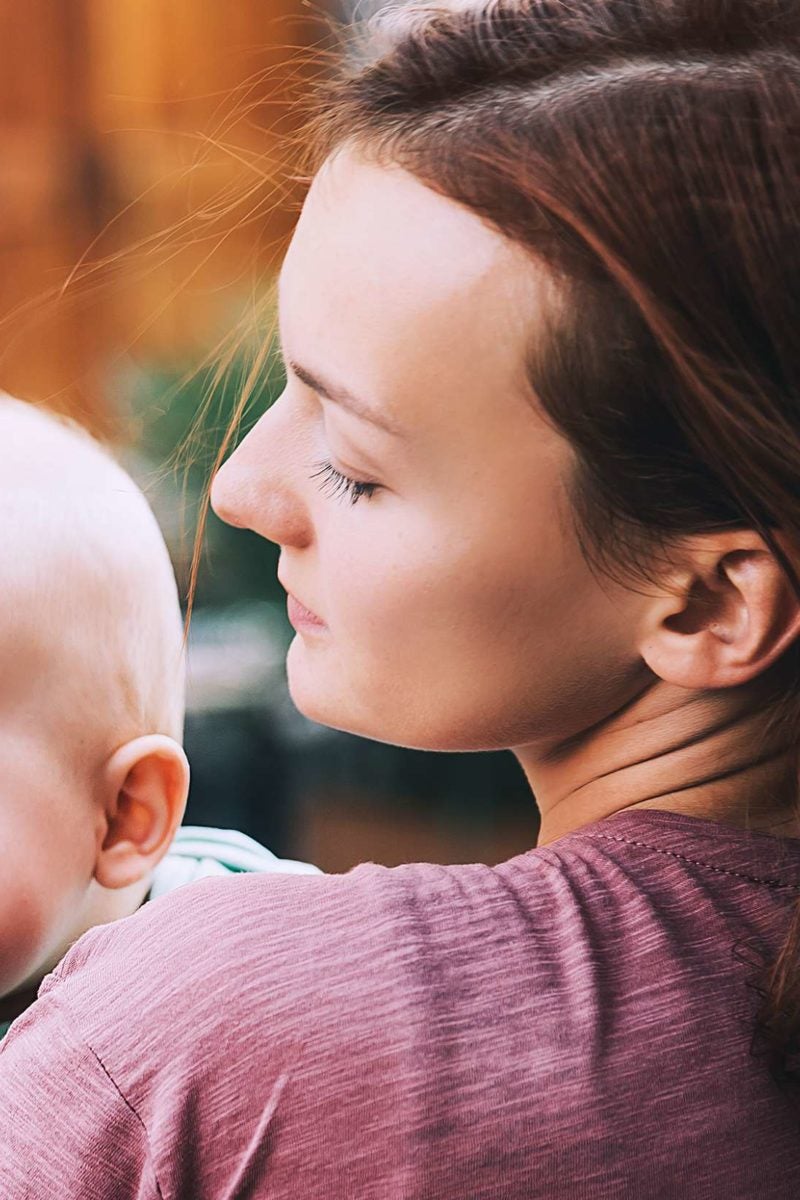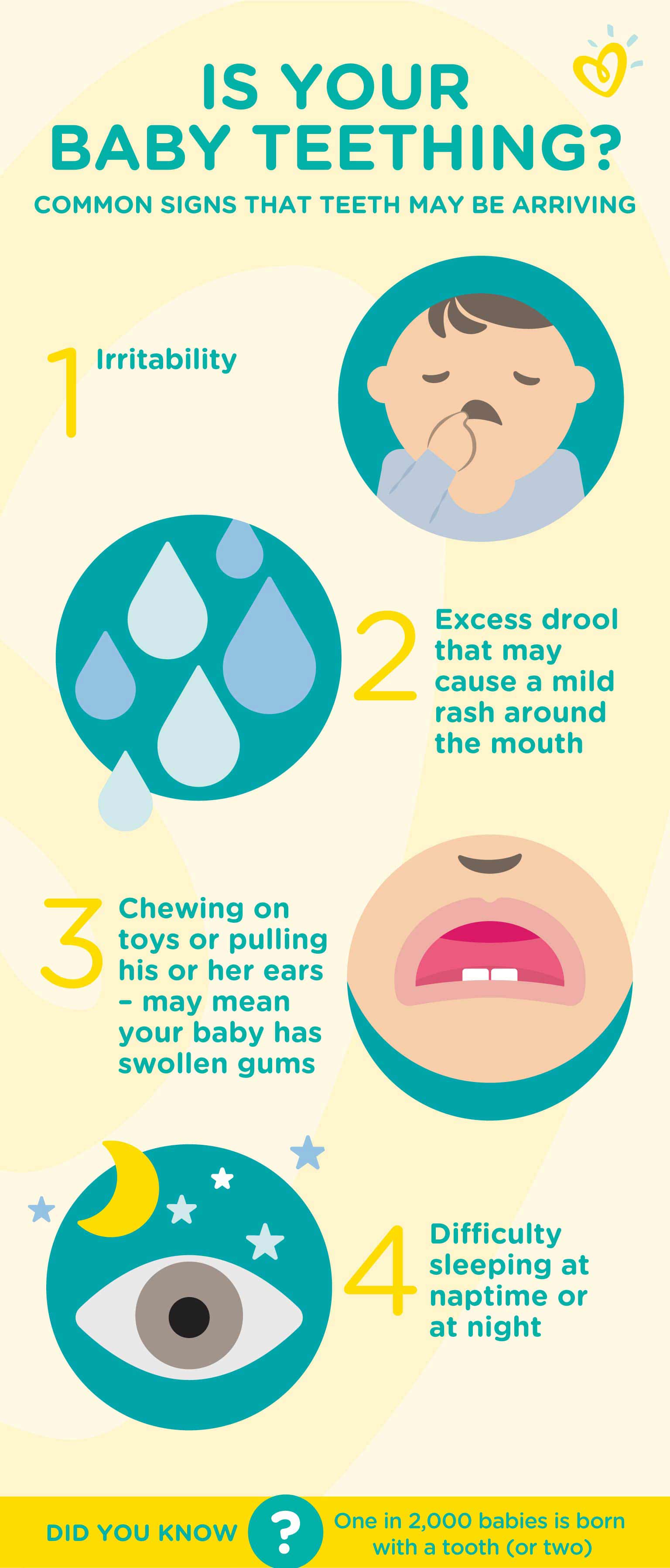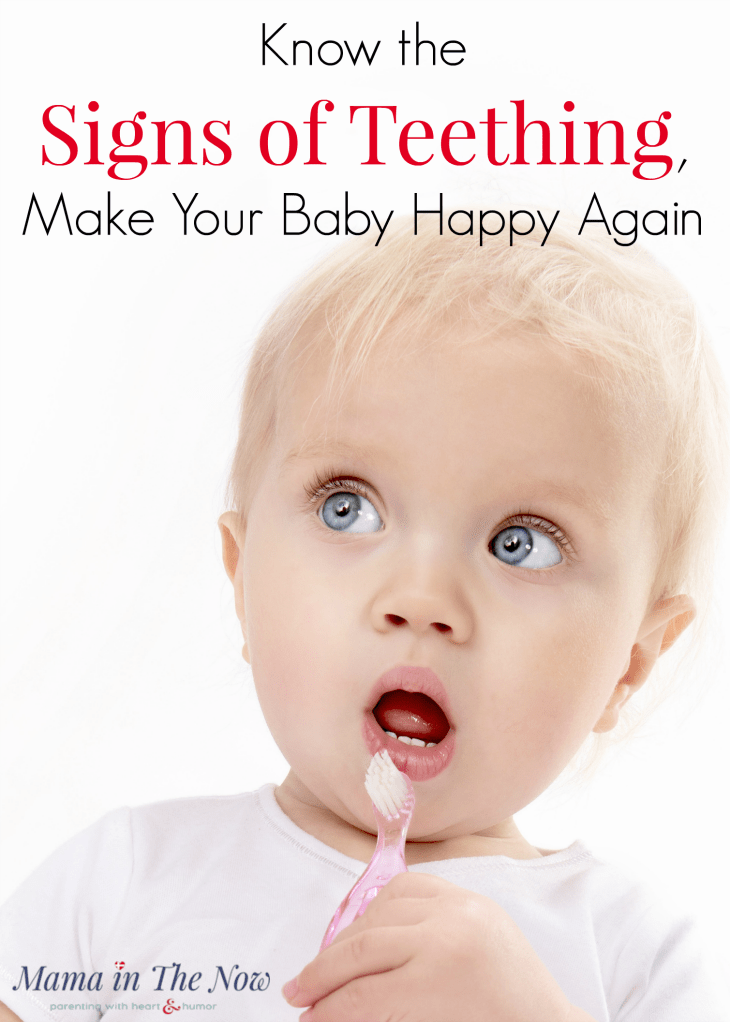Does runny nose mean teething ~ Runny noses rhinorrhea are contagious when they are associated with a cold that is to say when they are not allergic or the product of cold weather. Sometimes a runny nose is a symptom of an easy to treat issue such as seasonal allergies. Indeed recently is being searched by consumers around us, maybe one of you. Individuals are now accustomed to using the net in gadgets to see video and image information for inspiration, and according to the title of this post I will talk about about Does Runny Nose Mean Teething Runny noses are unfortunately a wide-ranging term used to describe a set of symptoms your rabbit is experiencing without identifying why they are experiencing them.
Source Image @ www.healthline.com
Teething And Runny Nose Is This Normal

Infections such as the common cold and influenza allergies and various irritants may all cause a runny nose. If your sinus communication is small it will heal on. Your Does runny nose mean teething images are ready. Does runny nose mean teething are a topic that is being hunted for and liked by netizens today. You can Find and Download or bookmark the Does runny nose mean teething files here
Does runny nose mean teething - If your baby is. People often attribute a runny nose and other symptoms to teething. As a result parents sometimes find it hard to determine the root cause and find the most effective treatment. Pulling on the ears rapid breathing a fever more than 1004 degrees Fahrenheit a reduced appetite or yellow or green mucus are all.
Congestion sinus pressure and pain These symptoms are relatively mild. While runny noses for humans are usually nothing more than a mild discomfort a dog runny nose can signal more serious problems. Symptoms of common childhood illnesses such as changes in sleep and eating patterns fussiness rash drooling runny nose and diarrhoea are often linked to teething when that might not be the cause. And nearly 60 of people who tested positive for COVID-19 with loss of smell also reported having a runny nose.
This means that if you have other signs of a cold or a flu including a fever chills or a sore throat your runny nose may be contagious. Based on this proponents of this argument hold the opinion that teething causes slight runny nose that is often accompanied by a cough. Antibiotics are given in this case. Some parents and doctors have reported having their little ones and patients get a runny nose during the teething stage.
Upper Respiratory Infection Snuffles Rabbits can suffer from infections of the upper respiratory tract the sinuses and other parts of the tract that are not actually parts of the lungs and this is usually manifested as runny nose runny eyes and sneezing. There are a few conditions that snuffles can be a symptom of such as bacterial infection lower respiratory tract infection foreign bodies dental disorders and chronic runny eyes or noses. Temperature Regulation In some cases a runny nose is a sign that your dog is too hot and having trouble regulating his temperature he may be sweating from his nose to cool down. Runny noses will often last less than that 10-day period but probably by only a day or two.
Unlike a human cold which is caused by a virus rabbit upper respiratory infections. A runny nose could be a symptom of COVID-19. What does it mean when your nose runs clear liquid. The link between teething and baby runny nose makes for a debatable topic.
Strangles is often left to run its course unless the horse is in severe distress. Much of this is driven by the fact that theyll be in a large amount of pain and discomfort which theyll try to reduce by rubbing their face or nose. Other times its a sign of a condition that needs to be addressed immediately by a qualified veterinarian DVM. Cold viruses tend to last about 10 days total says Navsaria.
If your child has these symptoms speak to your childs doctor about other possible causes such as bacterial viral or middle ear infections. This can be can be used for a culture in which we can grow whatever bacteria may be lurking in your horses nose. However there is no evidence that teething causes a runny nose a fever diarrhea vomiting or excessive crying. When you have an implant right in the front the central incisor lateral incisor teeth those four teeth in the front theyre close to the base of your nose.
Teething is perhaps the most common reason why your child may be rubbing their face or nose especially at certain ages. Yes a runny nose or stuffy nose can be a symptom of coronavirus and it can also be an early indicator as COVID-19 symptoms generally start out mild but its not the most. A runny nose can mean a variety of things from something as simple as a cold or allergies to something more significant like a sinus infection. However data from the ZOE COVID Symptom Study app suggests that having a runny nose can be a sign of COVID-19.
A runny nose rhinorrhea is a common symptom of many childhood illnesses. So sometimes after having a dental implant in the front you could feel stuffy after having that procedure or your nose may feel a little runny. Dental Problems If your dog has dental problems an abscess in the upper teeth could cause nasal discharge simply due to proximity to the nasal cavity. If your baby is teething congested or both watch her for warning signs that may indicate a trip to the doctor is needed.
How long does runny nose last in babies. If your babys runny nose isnt a symptom of teething your baby most likely has a cold. A runny nose or post-nasal drip. Once you have a diagnosis you and TEVA can plan a course of treatment.
Gustatory rhinitis is the type of nonallergic rhinitis that involves a runny nose or postnasal drip after eating. An infant runny nose caused by the common cold should last a little over a week. During the recent winter wave we noticed that a runny nose was the second most commonly reported symptom in the app after headaches. Some people have a chronically runny nose for no apparent reason a condition called nonallergic rhinitis or vasomotor rhinitis.
Colds become more common around 6 months of age. A runny nose can be caused by anything that irritates or inflames the nasal tissues. The answer now. Spicy foods usually trigger gustatory rhinitis.
Source Image @ www.sunshinesmilesoc.com
Source Image @ www.medicalnewstoday.com
Source Image @ www.medicalnewstoday.com
Source Image @ www.franciscanhealth.org
Source Image @ www.healthline.com
Source Image @ www.pampers.co.uk
Source Image @ mamainthenow.com
Source Image @ www.healthline.com
Source Image @ www.pinterest.com
If you are searching for Does Runny Nose Mean Teething you've arrived at the ideal place. We ve got 10 images about does runny nose mean teething adding pictures, photos, pictures, wallpapers, and much more. In such webpage, we also provide variety of images available. Such as png, jpg, animated gifs, pic art, symbol, black and white, transparent, etc.
If the publishing of this web site is beneficial to your suport by discussing article posts of this site to social media marketing accounts you have such as for example Facebook, Instagram and others or can also bookmark this blog page with the title 10 Teething Do S And Don Ts Every New Mom Should Know About Babykidshq In 2020 Baby Care Tips Drooling Baby New Moms Make use of Ctrl + D for pc devices with House windows operating-system or Order + D for pc devices with operating-system from Apple. If you are using a smartphone, you can also utilize the drawer menu with the browser you use. Whether its a Windows, Mac, iOs or Android operating system, you'll be in a position to download images utilizing the download button.









0 comments:
Post a Comment